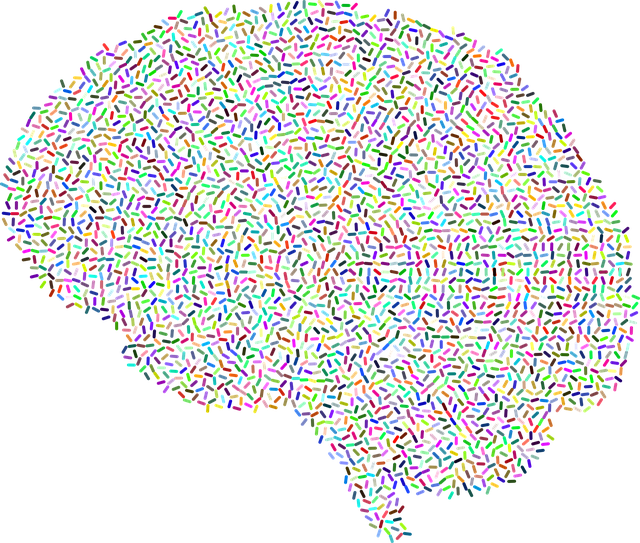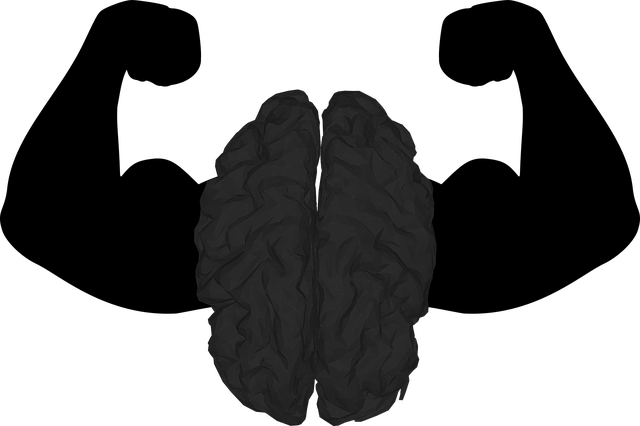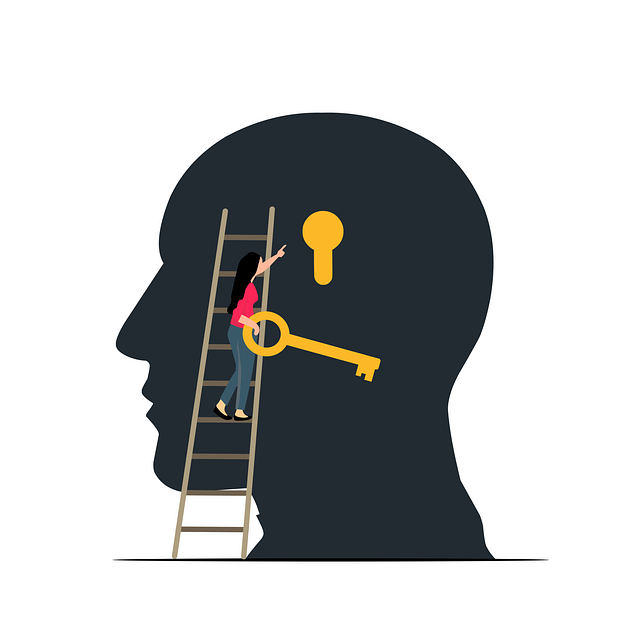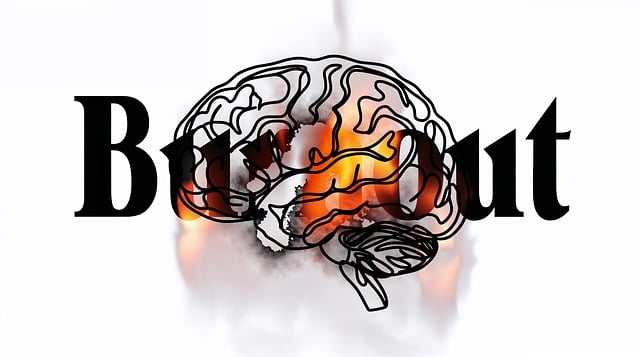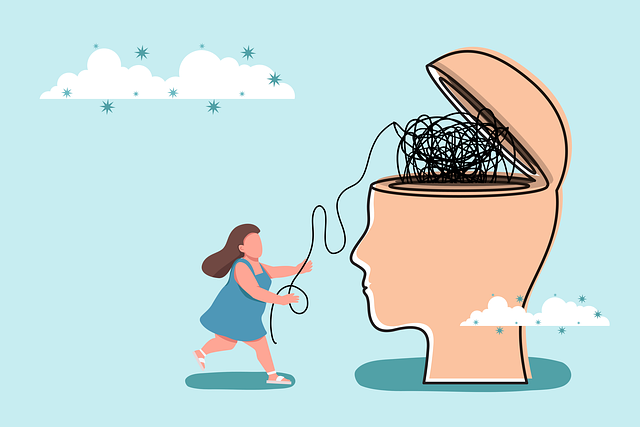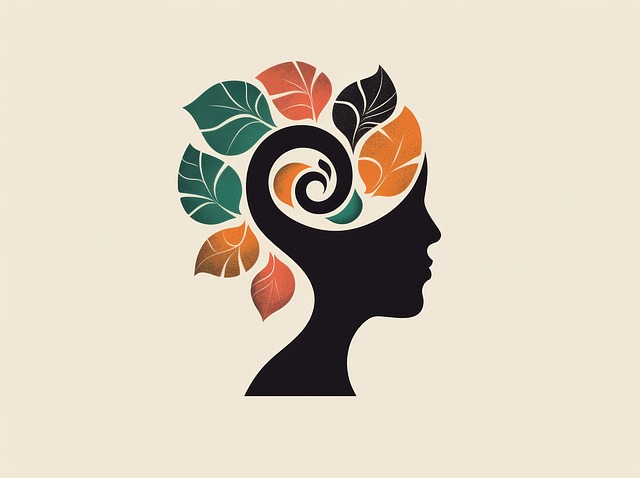Denver Crisis Counseling Therapy (DCCT) is at the forefront of enhancing mental wellness through innovative self-assessment tools. These tools, combining structured reflection with personalized strategies, help individuals identify and manage emotional distress early on. By focusing on holistic aspects like stress management, coping mechanisms, and personal growth, DCCT's assessments empower users to navigate their emotional landscapes more effectively. The development process involves continuous improvement based on user feedback and the latest research, ensuring high-quality mental health evaluations and promoting proactive wellness.
Mental wellness self-assessment tools play a crucial role in individual awareness and early intervention. This article explores the development of such tools, focusing on the unique contribution of Denver Crisis Counseling Therapy (DCCT). We’ll delve into essential components, effective implementation strategies, and continuous improvement methods. Understanding these aspects is vital for creating accessible, reliable resources to support mental health self-evaluation and foster well-being. Key takeaways include the significance of DCCT’s expertise in integrating diverse assessment techniques.
- Understanding Mental Wellness Self-Assessment Tools
- The Role of Denver Crisis Counseling Therapy in Development
- Key Components for Effective Self-Assessment Tools
- Implementation and Continuous Improvement Strategies
Understanding Mental Wellness Self-Assessment Tools

Mental Wellness Self-Assessment Tools play a pivotal role in facilitating personal growth and ensuring mental health stability. These tools are designed to help individuals gain insights into their emotional, psychological, and behavioral patterns, enabling them to make informed decisions about their well-being. By providing a structured framework for self-reflection, these assessments can detect early signs of distress or potential issues like depression prevention, thereby offering an opportunity for timely intervention.
Denver Crisis Counseling Therapy recognizes the significance of such tools in promoting mental wellness. They often incorporate elements of social skills training and compassion cultivation practices to enhance self-awareness and build resilience against life’s challenges. These assessments are not just diagnostic aids but also serve as a guide for crafting personalized strategies, ensuring individuals can navigate their emotional landscapes with greater ease and equanimity.
The Role of Denver Crisis Counseling Therapy in Development

Denver Crisis Counseling Therapy (DCCT) plays a pivotal role in the development of mental wellness self-assessment tools. By providing critical support during challenging times, DCCT helps individuals navigate their emotional landscapes and identify areas for improvement. Through structured counseling sessions, clients are guided to cultivate self-care routine development for better mental health, fostering resilience and coping mechanisms that can be integrated into their daily lives. This process not only aids in managing acute crises but also empowers individuals to proactively enhance their overall well-being.
Moreover, DCCT emphasizes the importance of confidence boosting and empathy building strategies. These approaches are instrumental in creating a supportive environment where clients feel understood and motivated to engage in self-reflection. By combining evidence-based practices with personalized attention, Denver Crisis Counseling Therapy contributes significantly to the development of comprehensive mental wellness assessment tools that cater to diverse needs, ultimately promoting mental health awareness and accessibility.
Key Components for Effective Self-Assessment Tools

Effective self-assessment tools for mental wellness should incorporate several key components to ensure they are both comprehensive and user-friendly. Firstly, these tools need to cover a wide range of aspects related to mental health, including emotional well-being, stress management, coping mechanisms, and personal growth. This holistic approach, often utilized in Denver Crisis Counseling Therapy, allows for a thorough evaluation of an individual’s psychological state.
Additionally, incorporating interactive features and personalized feedback mechanisms can significantly enhance the utility of self-assessment tools. These could include quizzes with adaptive branching logic, reflective prompts, and actionable recommendations tailored to each user’s unique needs. Burnout Prevention Strategies for Healthcare Providers can benefit from such tools, as they promote proactive mental wellness management among professionals. Social Skills Training techniques might also be integrated to foster healthier interpersonal dynamics, contributing to overall psychological resilience.
Implementation and Continuous Improvement Strategies

The development of self-assessment tools for mental wellness is an ongoing process that requires strategic implementation and continuous improvement. Once created, these tools should be pilot-tested within a controlled environment to identify areas for refinement. For instance, Denver Crisis Counseling Therapy centers can facilitate focus groups or surveys with both clients and therapists to gather feedback and enhance the tool’s effectiveness.
Continuous improvement involves regularly updating the assessment based on new research, changing mental health trends, and user feedback. This may include incorporating techniques such as mindfulness meditation and emotional well-being promotion strategies into the self-assessment to provide a comprehensive and up-to-date evaluation. Additionally, integrating Risk Management Planning for Mental Health Professionals can ensure the tool adheres to industry best practices and maintains a high standard of care.
Mental wellness self-assessment tools play a pivotal role in promoting individual well-being, and the development of effective tools is an ongoing process. As highlighted by Denver Crisis Counseling Therapy’s contribution, integrating professional counseling techniques can significantly enhance these assessments. By focusing on key components such as accessibility, validity, and reliability, we can create comprehensive tools that cater to diverse mental health needs. Continuous improvement through user feedback and research ensures these resources remain relevant and beneficial in today’s constantly evolving landscape of mental wellness support.




